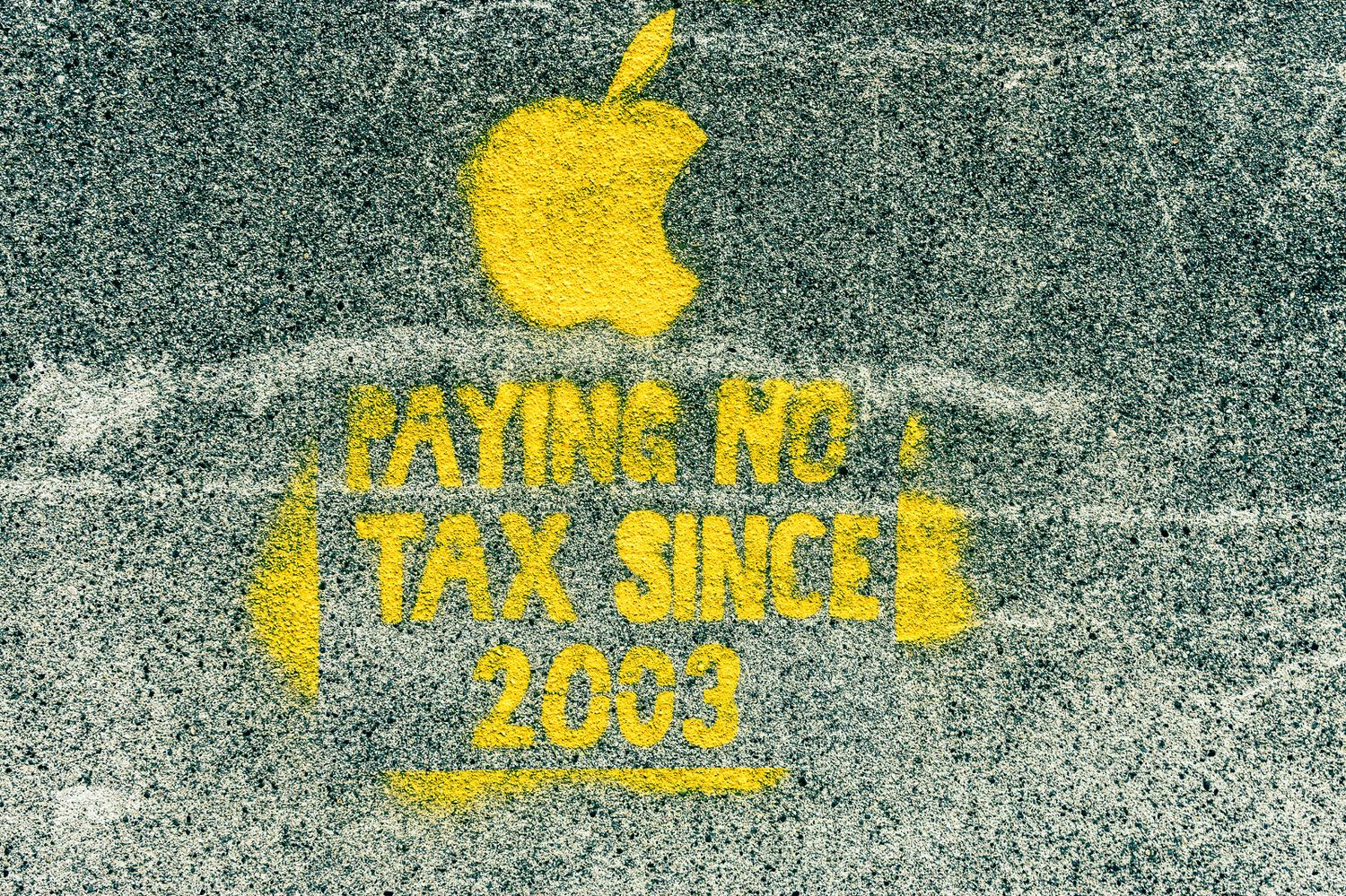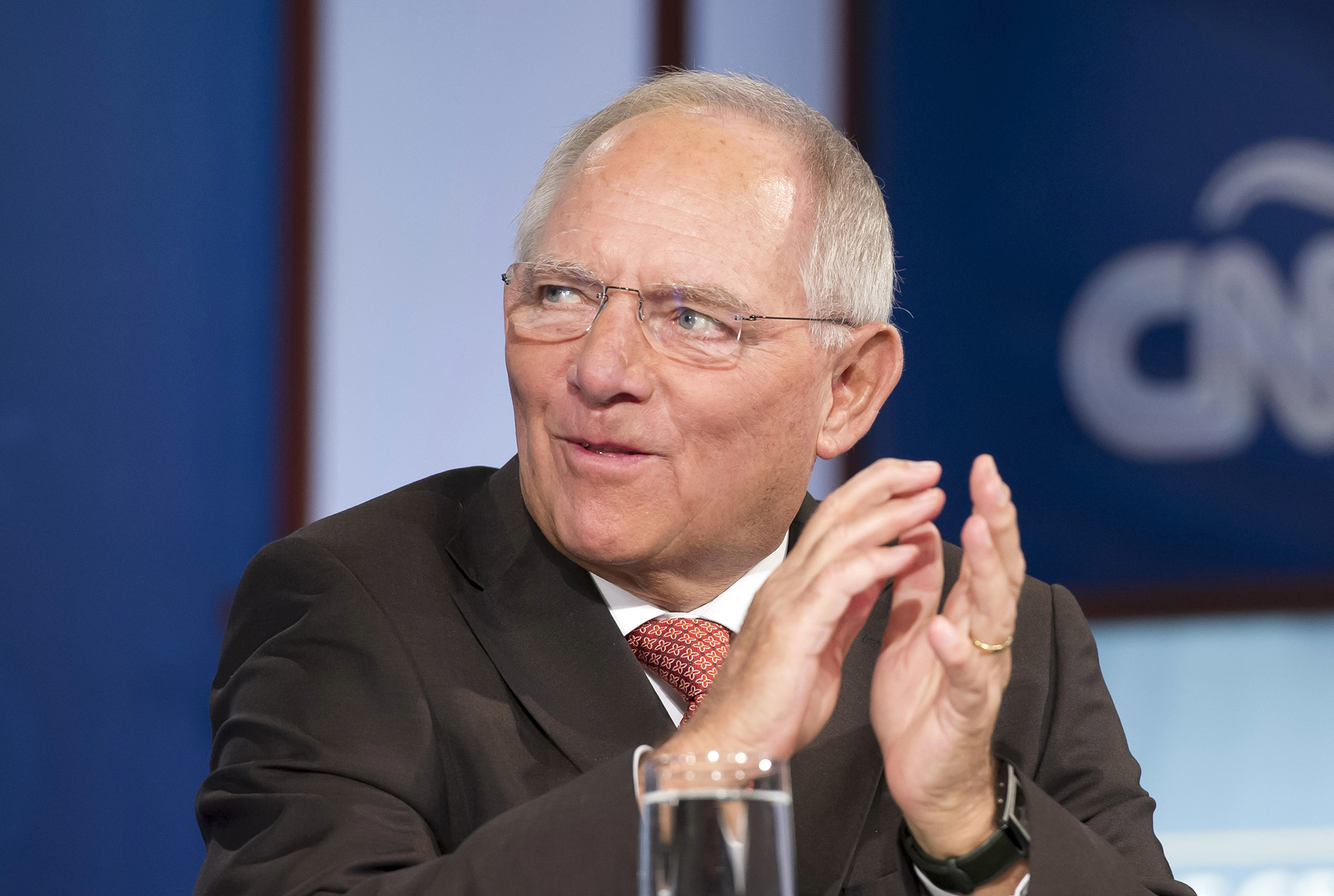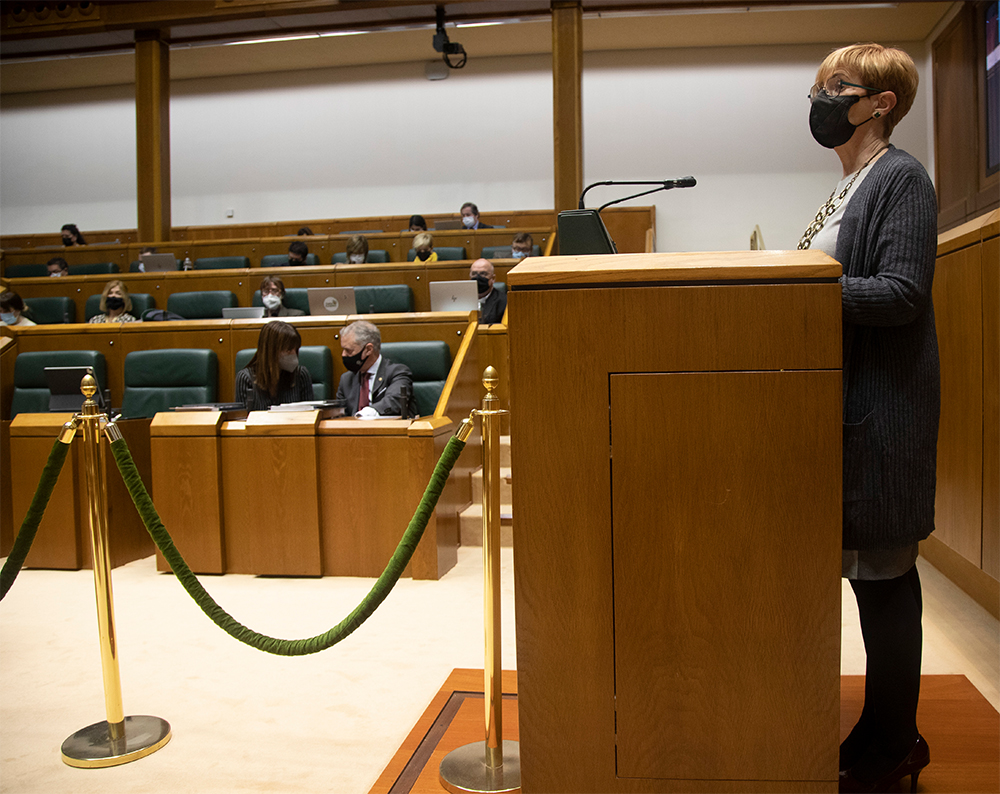Citizens pay as much as multinationals
- What a citizen pays to finance in taxes is like what multinationals pay for corporation tax. What is more, the greater the society, the less it pays: small companies pay 20% and the multinationals, 16.9%.

The debate on the tax system has been ongoing in recent times. It would be logical and fair for those who charge the most to pay the most taxes to the Treasury. But the reality is different. Both in the Spanish and French States, companies have a high number of tax deductions and credits. Thus, in Spain corporate tax is 30.7% and in France 33.3%, although in some cases it can be reduced to almost half. The data of the foreign deputies of Hego Euskal Herria are very similar, companies pay 28%, but they have a lot of deductions and therefore the number goes down a lot. In short, what a simple citizen pays with the Personal Income Tax (IRPF) and what companies pay are very similar.
According to a study of the economic journal Cinco Días, in Spain a taxable taxpayer in 33,000 euros pays 16.35% for IRPF, while in Spain it pays 33,000 euros. In corporate tax, it is equivalent to the tax applied to a company with a turnover of more than EUR 1 billion.
But there's one side to it. Income from income tax is 42.9% of the Central Administration's revenue. On the contrary, the percentage of associations collected does not reach 10%. So far this year, revenue from this tax has been reduced by 68%. In other words, the burden of taxation falls on labour and savings income. The situation requires profound reform so that taxes are distributed evenly among all. But, precisely, the Spanish Government has announced that it will raise the IRPF in the next two years. We'll see what they do in Hego Euskal Herria.
The higher the company, the lower the tax
Corporate tax is the most differentiated tax between the theoretically established tax rate and the one actually paid, after deduction of tax returns and deductions. Like income tax, it is progressive. The law says that small and medium-sized enterprises should be charged lower rates than large enterprises, but deductions reverse that trend and, in practice, as a company’s volume increases, pay relatively less taxes. Therefore, a small company that does not reach EUR 6 million pays 20%, while a multinational with incomes above EUR 1 billion pays 16.9%.
Spanish State corporate tax is characterised by a very high official rate (30.7%), but this high rate is reduced by the numerous tax benefits provided by the laws. Corporate tax rates in the CAV are lower (28%), but in the end, the real tax paid by associations does not reach 20%.
Only taxes on labour income rise
The only major tax that has not risen since the beginning of the crisis has been the tax on associations. The former Zapatero Government lowered the tax on micro-enterprises that maintained jobs by five points. It appears that the current Rajoy Government intends to maintain the measure, albeit not. On the contrary, labour income and savings have experienced the highest increases in taxes. When comparing income tax and corporate income tax, it should be taken into account that the former is applied on income, while corporate tax charges the company’s profits.
That is why tax collection that has taken place as a result of the crisis has been reduced. According to 2010 data from the Spanish State Treasury, of nearly one and a half million companies that pay corporate tax only 32.8% obtained the “positive tax base”. In other words, most associations did not pay taxes.
The differences between Corporate Tax and Labour Income Tax are clearly evident in 2007, a period of economic growth. In that year, corporate tax revenues accounted for 22.3 per cent of total central government revenue. Income tax, on the other hand, obtained 36.2% of income tax in the same year. Corporate tax revenue has now plummeted and, according to Treasury sources, accounts for only 9.6% of the total. However, despite the increase in unemployment, income tax has remained the opposite trend, accounting for 43% of tax revenue.
Multinazionalek abantaila handiak dituzte zergak ordaintzerakoan. Eta orain abantaila handiagoak nahi dituzte. Horretarako Europar Batasuna (EB) estutzen ari dira, elkarteen zerga bateratua ezar dezan. Alemania eta Frantziaren presiopean, Europako Batzordeak makineria politikoa martxan jarri du enpresen mozkinen gaineko zerga bateratua finkatzeko. Horrek ez du esan nahi estatu kide guztiek tasa nominal bera ezarri behar dutenik. Zerga oinarria zehazteko kalkuluak EB guztian berdintzea da asmoa. EBren zerga sisteman aurrera egiteko estatu kide guztien adostasuna behar denez, ekimen honek luze joko du. Oraingoz, Sarkozyk adierazi du Frantziako elkarteen gaineko zerga portzentaje baxuagoa duen Alemaniakoaren pare jarriko duela.
Bateratze hori nahi dutenak eta horretarako presioa egiten ari direnak multinazionalak dira, haiei interesatzen baitzaie. Egoitzak EBko hainbat herrialdetan dituen multinazionalak, herrialde guzti horietako administrazioetan aurkeztu behar du elkarteen gaineko zerga aitorpena. Oinarri bateratua izanda, administrazio karga hori arindu egingo litzateke, enpresak egoitza nagusia duen herrialdeko ogasunean baino ez bailuke aurkeztuko aitorpena.
The Araba, Bizkaia and Gipuzkoa Foral Haciendas have just extracted the data from the collection, and we have seen that they have received more money than ever before. They soon announce that they will take the necessary margin for reflection on tax reform, because there is no... [+]
The market owners, when asked to accept any kind of limitation or control, have said no – as we have seen in the case of rents and staple foods – as often as they have said no. They have faced the Government when it has sought to tax excesses in the light force business and... [+]
It is well known that the question of competition is crucial in the economic field. It says that it determines the distribution of powers. And if we are more demanding, we can say that it also establishes who has the power and therefore who does not exercise it. The main... [+]

























